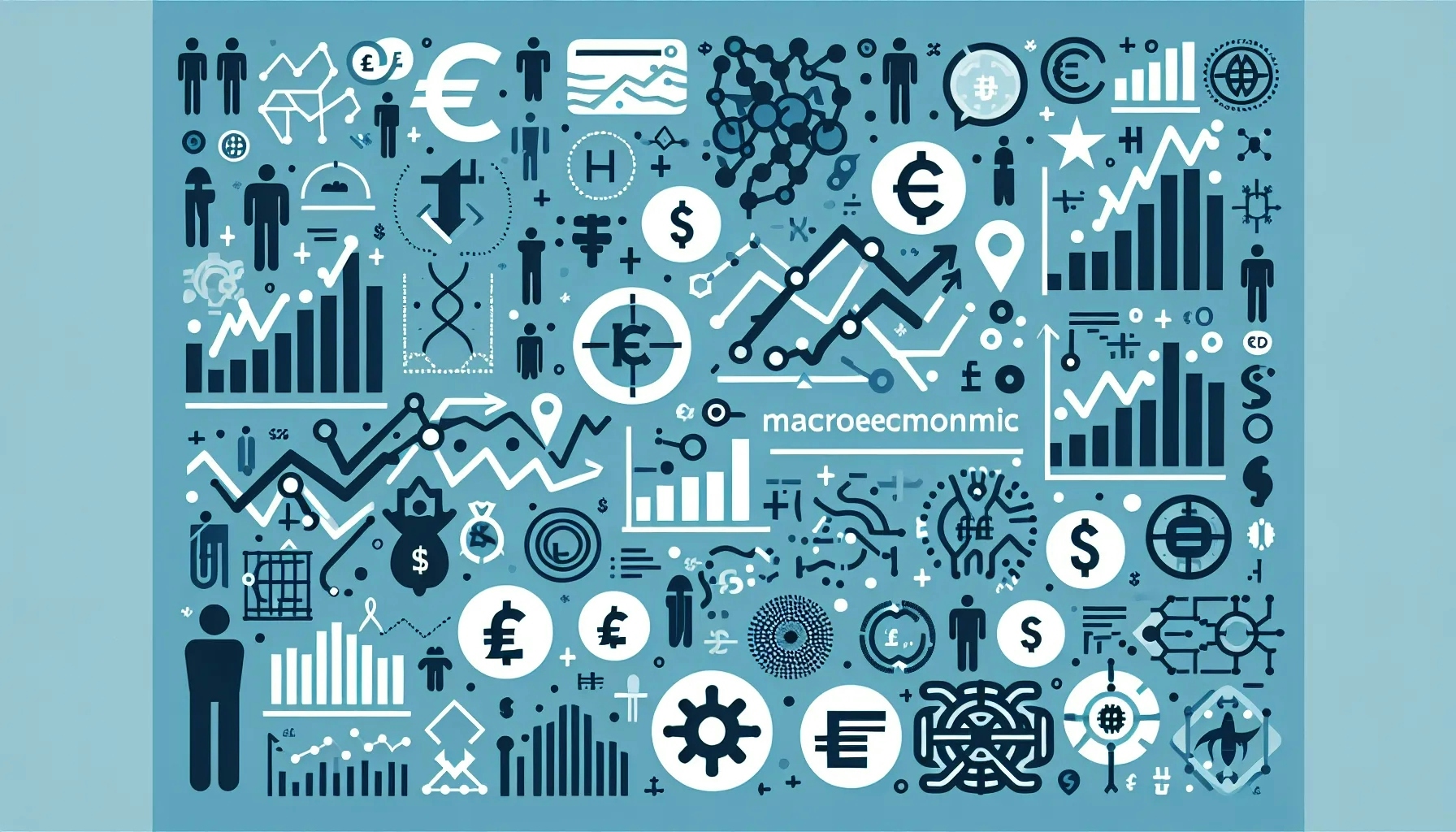Welcome to a comprehensive exploration of the latest trends in macroeconomics. This blog post will delve into the most recent developments, their implications, and how they are shaping our global economy. We'll dissect these trends, offering insights into their potential impacts and the new opportunities they present.
The Rise of Green Economics
Green economics has emerged as a significant trend in macroeconomics. This approach emphasizes sustainable development, environmental health, and social justice. It challenges traditional economic models by incorporating environmental costs into economic calculations.
Green economics argues that economic growth should not come at the expense of our planet. It advocates for policies that promote renewable energy, reduce carbon emissions, and encourage sustainable practices. This trend is gaining traction worldwide, with many countries implementing green economic policies to combat climate change.
The rise of green economics is not without its challenges. Critics argue that it could slow economic growth and lead to job losses in traditional industries. However, proponents counter that it could create new jobs in green industries and lead to a more sustainable and equitable economy.
The Digital Economy and Cryptocurrencies
The digital economy is another trend that is reshaping macroeconomics. The rise of digital technologies has created new economic opportunities and challenges. It has led to the emergence of new business models, transformed traditional industries, and changed the way we work and live.
One of the most significant developments in the digital economy is the rise of cryptocurrencies. These digital currencies offer a new way to conduct transactions, store value, and transfer money. They have the potential to disrupt traditional financial systems and create new economic opportunities.
However, cryptocurrencies also pose significant challenges. They are highly volatile, lack regulatory oversight, and are often associated with illicit activities. Despite these challenges, the rise of cryptocurrencies is a trend that cannot be ignored in macroeconomics.
The Impact of Globalization
Globalization is another trend that is shaping macroeconomics. It refers to the increasing integration of economies around the world, facilitated by the free movement of goods, services, people, and capital.
Globalization has led to increased economic interdependence among countries. It has created new opportunities for trade and investment, but it has also led to increased competition and economic disparities.
The impact of globalization on macroeconomics is complex. It can lead to increased economic growth, but it can also exacerbate income inequality and lead to job losses in certain sectors. Understanding the impact of globalization is crucial for policymakers and economists.
The Role of Central Banks in the Modern Economy
Central banks play a crucial role in macroeconomics, and their role is evolving in response to new economic trends. They are responsible for managing a country's money supply, controlling inflation, and ensuring financial stability.
In recent years, central banks have taken on new roles in response to economic crises. They have implemented unconventional monetary policies, such as quantitative easing, to stimulate economic growth. They have also taken on a more active role in regulating financial institutions to prevent financial crises.
The role of central banks in the modern economy is a topic of ongoing debate. Some argue that they have too much power and that their actions can lead to economic instability. Others argue that they are essential for maintaining economic stability and promoting economic growth.
The Influence of Political Events on Macroeconomics
Political events can have a significant impact on macroeconomics. Elections, policy changes, and political instability can all affect economic trends.
Political events can lead to changes in economic policies, which can have a direct impact on economic growth, inflation, and unemployment. They can also create uncertainty, which can affect investment and consumer confidence.
Understanding the influence of political events on macroeconomics is crucial for investors, businesses, and policymakers. It can help them anticipate changes in economic trends and make informed decisions.
The Future of Macroeconomics
The future of macroeconomics is likely to be shaped by these and other emerging trends. Technological advancements, environmental concerns, and political events will continue to influence economic trends.
The field of macroeconomics will need to evolve to keep pace with these changes. Economists will need to develop new models and theories to understand these trends. Policymakers will need to implement policies that promote economic growth while addressing these new challenges.
The future of macroeconomics is uncertain, but one thing is clear: the field is undergoing significant changes, and these changes are likely to have profound implications for our global economy.
Wrapping Up the Latest Trends in Macroeconomics
In this blog post, we've explored the latest trends in macroeconomics, from the rise of green economics and the digital economy to the impact of globalization and political events. These trends are reshaping our global economy and creating new opportunities and challenges. As we move forward, understanding these trends will be crucial for economists, policymakers, businesses, and individuals alike.

